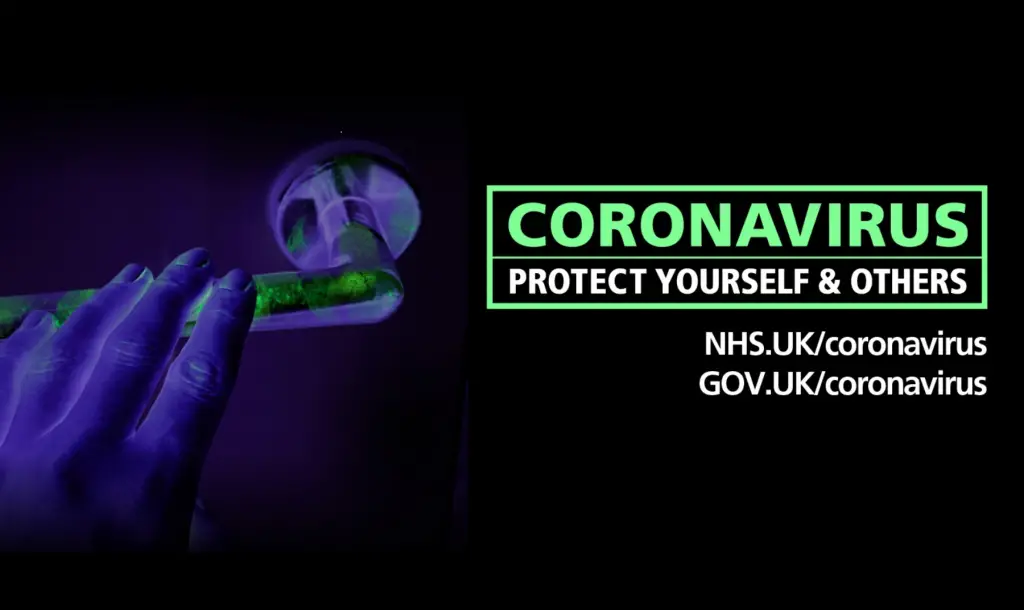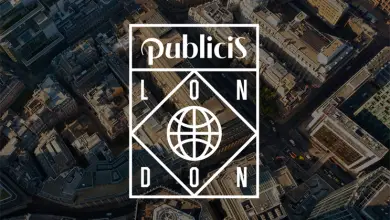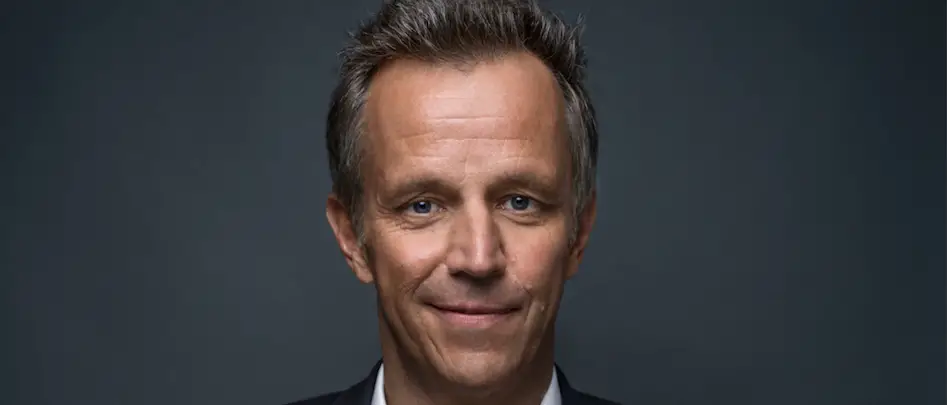The Covid-19 outbreak could be the saviour of Britain’s embattled BBC, not so long ago facing the prospect of being sidelined by a hostile Tory government that refused to allow ministers to even speak to its flagship Radio 4 Today daily news programme.
No such coyness now as ministers battle to get their ‘Stay at home’ message across and the BBC’s live broadcasts of daily Downing Street broadcasts rival even ITV’s Ant and Dec for ratings.


More evidence emerges in Havas Media’s latest survey of 1,487 UK respondents with the BBC
showing a 16% net increase since the last survey two weeks ago in people claiming to watch its news output more than they did prior to the outbreak, plus a 15% net increase for other BBC channels.
The Beeb continues to be the most trusted source during the outbreak, with 69% of people naming it as a brand they trust for factually correct information about Covid-19 ( a five per cent net increase over the first study).
64 per cent of people claim to be watching more live TV than they did prior to the Coronavirus outbreak, a net increase of 15%.
Among social media channels, WhatsApp and Facebook show the biggest increases in people saying they are using them more during the outbreak with net gains of 23% and 21% respectively in the past two weeks.
Among commercial newsbrands The Sun has seen a five per cent net increase in people reporting to read it more during the crisis – with a ten per cent net increase amongst 18 to 24-year-olds – while the Daily Mail is up five per cent and the Guardian four per cent. Streaming platforms are nearly all up, as you’d expect.
When all this is over – if it ever is – some politicians will doubtless turn on the BBC for daring to question the Government’s sometimes garbled version of events. The evidence seems obvious: in a time of crisis people turn to a non-commercial, impartial (mostly, as we keep saying) source of news and information.
That’s what the BBC is there for (although it forgets this sometimes as well.)









